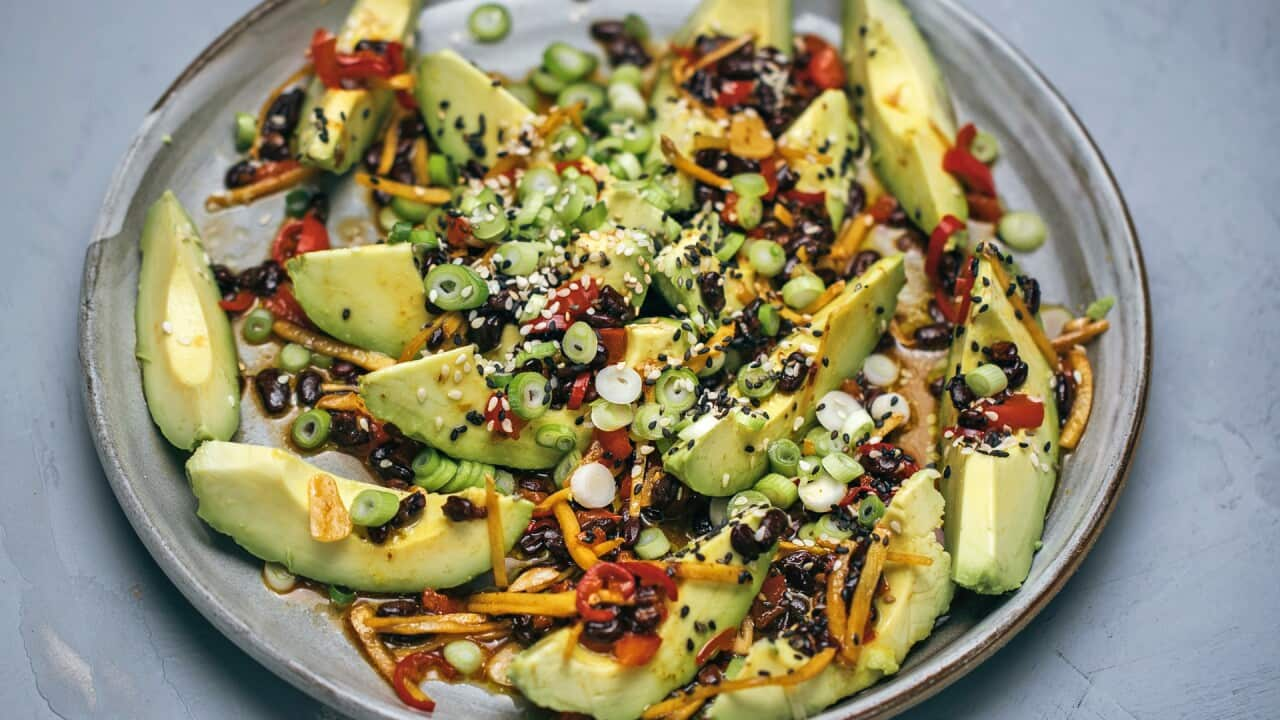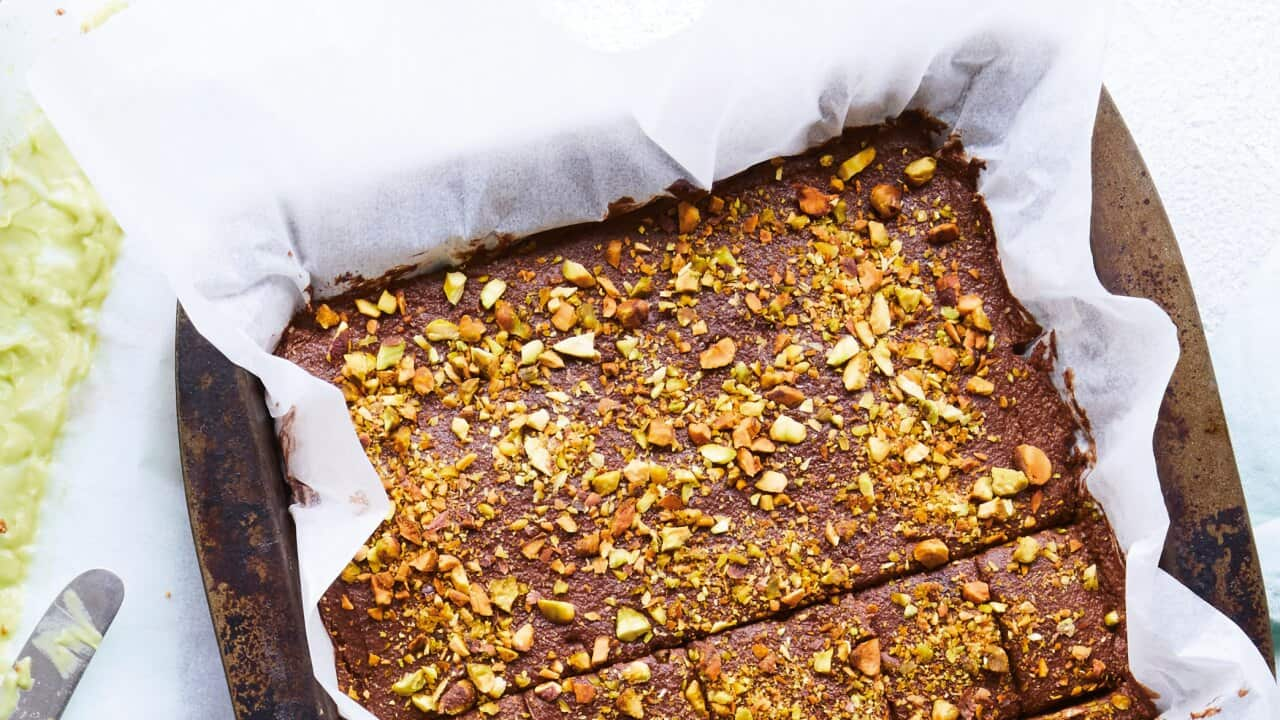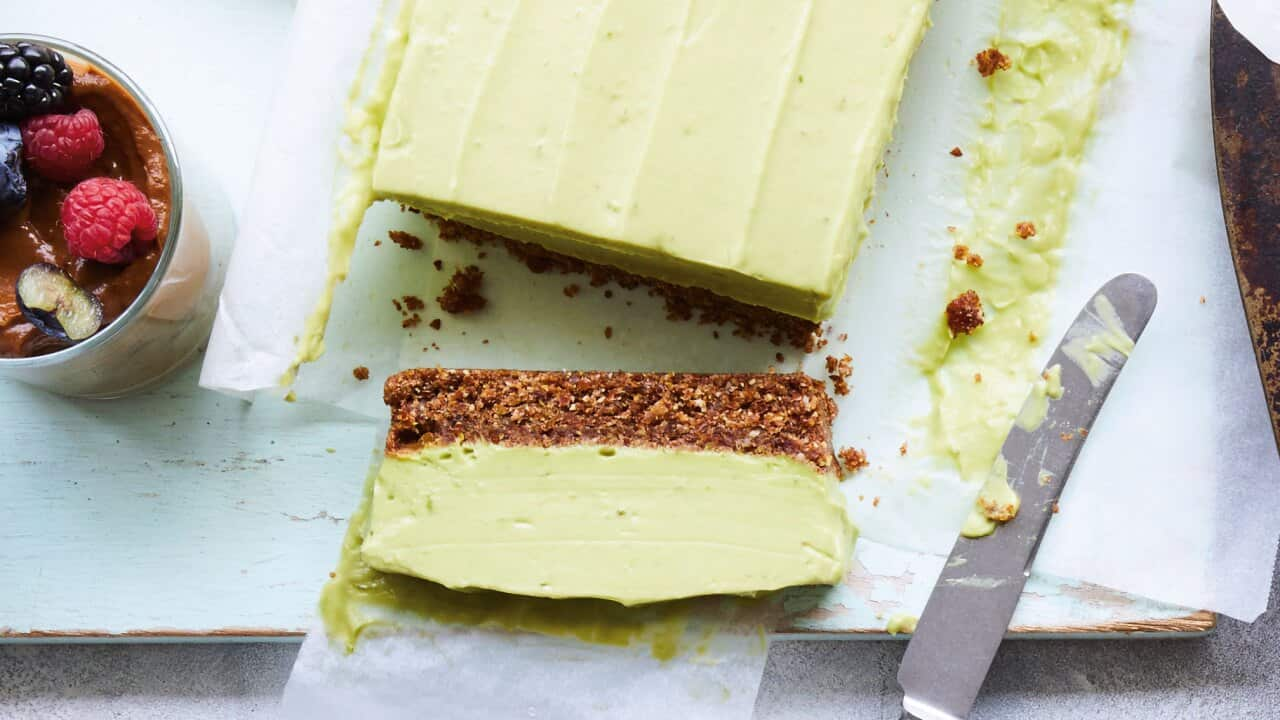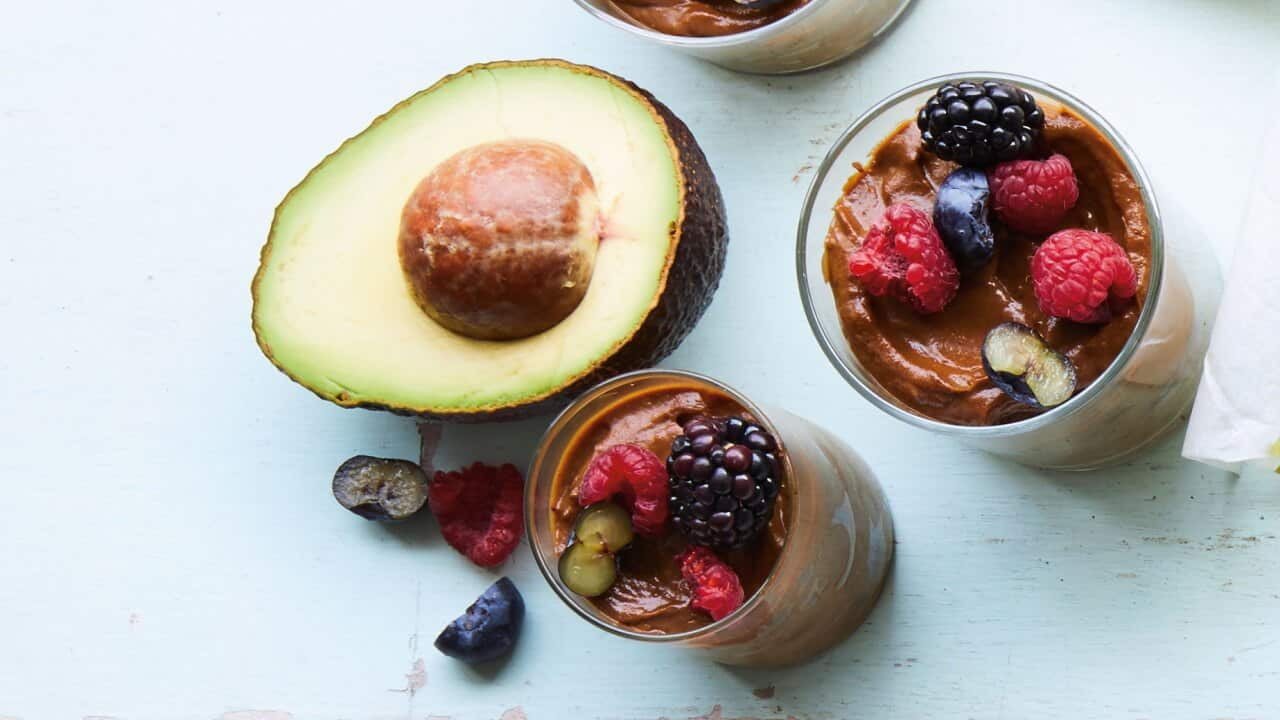The creaminess of smashed avocado against crusty bread can be positively addictive and it's proven to be quite popular. Then you go next level. You also use avocados in a lot of meals – nachos, Buddha bowls, dolloped on ceviche, sliced on burgers, mashed through guacamole, in smoothies and brownies, within tortilla wraps, soups and in salads. Who could blame you? The cross-cultural culinary use of the humble avocado makes it so versatile.
But what happens to your body when you eat a lot of avocados?
“I don't subscribe to the idea that certain foods are ‘superfoods’ but avocados are pretty super,” a spokesperson for , Joel Feren tells SBS.
Feren explains that there are many different nutritional effects that result in eating avocados regularly. Here are just a few.
Gone are the times where we believed that the fat content in an avocado was not good for you. Now, we promote the consumption of avocados because they contains good fats.
Your body will get a good dose of heart-healthy fats
A shows that eating two or more serves of avocados a week may cut your risk of cardiovascular disease by .
Feren explains that if you eat avocados often, you’ll consume a decent dose of monounsaturated fats. These healthy fats may help to improve your heart health by increasing ‘good cholesterol’ (HDL) and reducing ‘bad’ cholesterol’ (LDL).
“Gone are the times where we believed that the fat content in an avocado was not good for you,” Accredited Practising Dietitian, says. “Now, we promote the consumption of avocados because they contain good fats.”

Avocado spread on toast has really cemented its place on breakfast and snacking plates. Source: Getty Images
You may become more fertile
Initially, the Aztecs considered the fruit to be quite powerful, yielding aphrodisiac qualities. Apparently, the Aztecs' name for the fruit is the meaning "testicle". , which grow in pairs, were a symbol of love and fertility.
These days, it’s still believed that a diet rich in avocados can boost your fertility. Avocados contain a lot of the nutrients that are vital for , including folate.
“Folate is particularly important for pregnant women to have to prevent neural tube defects in the foetus,” Feren explains. “In that context, a woman may benefit from taking folic acid supplements and having folate-rich foods like avocado in their diet.”
We know that fibre-rich foods can help improve our gut microbiome.
You’ll probably become more ‘regular’
Avos are . “In a 200-gram avocado, there’s about 14 to 15 grams of fibre. In comparison, two slices of wholegrain supermarket bread may contain five-to-seven grams of fibre. A piece of fruit might be four grams.”
Fibre can help keep you regular. Other benefits include improved blood sugar management and cholesterol reduction. A meal that’s rich in fibre helps to keep you fuller for longer, therefore assisting with weight maintenance.
“We know that fibre-rich foods can help improve our gut microbiome. We're seeing that the regular consumption of avocados can increase specific bacterial populations that are associated with reducing the risk of colon cancer.”
READ MORE

Fideo seco (Mexican spaghetti)
You could smash your daily vitamin C requirements
Feren estimates that a whole avocado contains about 20 per cent of our daily vitamin C requirements.
How does that translate physically? “Vitamin C is linked with good gum health and skin integrity. It also helps to support a strong immune system.”
While this sounds like an unusual nutritional benefit of eating an avo, it should be expected. “Avocados are actually part of the berry family and berries are known to be rich in vitamin C.
“If you enjoy avocado regularly and have a diet rich in fruits and veggies, you're pretty much going to knock your daily vitamin C requirement on its head.”
You're potassium levels could be on par
A whole 200-gram avocado will also give you 20 per cent of your daily potassium requirements.
Feren says that potassium is an agonist of sodium (salt). “A diet rich in salt can increase your blood pressure because it pulls extra water into your bloodstream via the blood vessels, making your heart work harder to pump that blood around.
“Meanwhile, potassium has the opposite effect. Potassium can help reduce your blood pressure. It’s also involved in improving the function of the nervous system as well.”
Just be sure not to have tunnel vision and focus only on avocados. Look at your diet in its entirety.
You can put on weight if you overdo it
Although avocados are nutritional powerhouses, they do have a high-fat content. So if you eat too many and go overboard, you will be consuming a lot of calories.
“If you have a healthy weight, and good blood sugar and cholesterol levels, then eating half (or a whole small) avocado a day is fine. If you do, you’ll be consuming seven grams of really wonderful gut-boosting fibre.”
However, if you are obese or trying to lose weight for health purposes, Feren advises having a quarter to a half of an avocado a day.
“Just be sure not to have tunnel vision and focus only on avocados. Look at your diet in its entirety. Avocados are great as part of a healthy diet but don’t forget there are other foods out there.”











